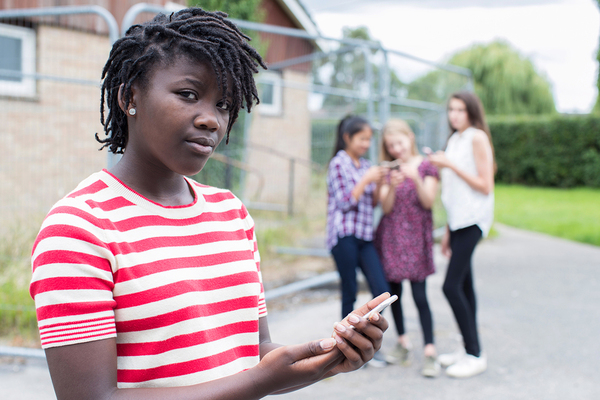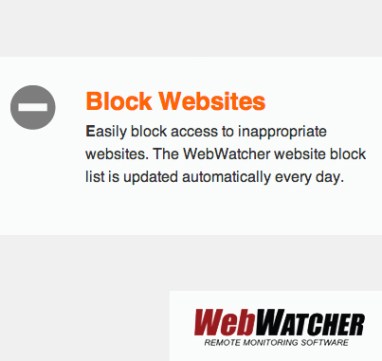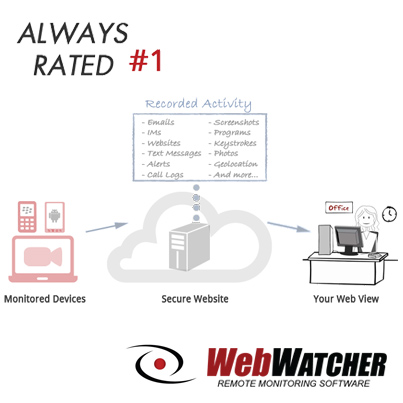Did you know that October is Bullying Prevention Month? It’s easy for parents to think of bullying as a school-related thing, but bullying can happen any place – even at home, thanks to the ability of cyberbullies to reach a teen no matter where they happen to be. Parents should take the opportunity this month to broach the subject of bullying with their teens. Take a look at some discussions that you may want to have with your teen this month.
Not All Bullying Looks The Same

While teens are on the front lines when it comes to bullying, sometimes even teenagers don’t recognize bullying when they see it. Teens may think of bullying as a purely physical act or one that involves direct contact. Sometimes they fail to realize that words said online can also be bullying, or that rumors and gossip, without any direct threats, can still be a form of bullying.
Talk to your teen about the different forms that bullying can take. Ask them to think about whether or not they’ve ever witnessed or even engaged in bullying behavior. It’s not uncommon even for kids who are bullied to also bully other kids.
Bullying Can Have Serious Consequences

Bullying doesn’t just hurt the victim’s feelings in the moment. Bullying victims can experience serious negative consequences, like depression and anxiety, decreased academic performance, and even health consequences. And it’s not just the victims that suffer. Bullies also experience adverse consequences from their own behavior. Bullies are less more likely to get in fights or drop out of school, and more likely to have criminal records as adults.
Even bystanders don’t get off scot-free. Kids who witness bullying miss more school, have more mental health problems and are more likely to use drugs and alcohol than kids who do not witness bullying. It’s important for teenagers to understand that bullying hurts everyone in the long run.
What Your Teen Can Do to Stop Bullying

Teens can feel like they’re powerless to stop bullying from happening to them or to people around them, but they are not powerless. Talk to your teen about things that they can do to help stop bullying.
Talking to a trusted adult is one important tool teens have to stop bullying. But it’s not the only thing that they can do. For example, online, teens can stand up to bullies by learning how to report and block the bullies on social media sites or apps. In person, teens who are bystanders can help a bullying victim by getting help or by intervening personally if it’s safe to do so. Being kind and forming friendships with the bullied person can also help – bullies are more likely to pick on a kid that seems alone than on one who has a solid friend group.
Parental monitoring software can help parents be more aware of bullying that your teen may experience or witness online. Seeing it for yourself can help you have more productive conversations with your teen about how to protect themselves and others. To find out more about how parental monitoring software can help protect your teen from bullies, get our free trial.





